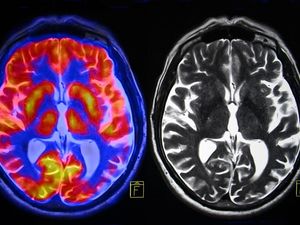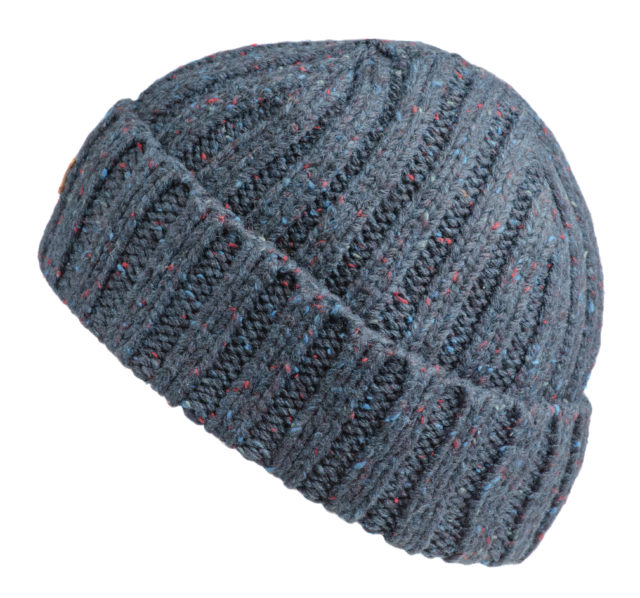New wearable MRI-style scanners could read your thoughts
They could also help diagnose cancer and other diseases.

A new wearable device could revolutionise the diagnosis of brain tumours and heart disease – and could even potentially read minds.
The device, developed by San Francisco-based start-up Openwater, can scan the brain and body with a resolution a billion times higher than an MRI (Magnetic Resonance Imaging) machine.
Using opto-electronics, the wearable could replace the functionality of a large MRI machine, enabling constant monitoring. This would aid treatment of cancer, cardiovascular diseases, neurodegenerative diseases, and could allow for communication using thought alone.
Dr Mary Lou Jepsen, who founded Openwater in 2016, said at the EmTech MIT Technology Review the following year: “What we’ll be capable of with this technology is transformative… the very same technology that can help us image cancer can help us image thoughts.”

Tumours and artery clogs can be detected by scanning the surrounding blood flow. Openwater’s goal is to have the device follow the flow of oxygenated blood to different parts of the brain and “read” thoughts.
The capabilities are possible with currently available MRI technology, but innovations are hindered by the cost and size of equipment. Openwater’s device is smaller and more affordable than current machines.
Jepsen, who previously worked at Facebook and Google, had surgery to remove a brain tumour in 1995. She told The Verge in a podcast at the SXSW Technology Conference that she was inspired by a UC Berkeley study that recorded MRI brain scans of students watching YouTube videos.
The research demonstrated that scientists could identify which video the student was watching based on oxygen flow in the brain. New technology aims to replicate this, but far more accurately.
She said on the podcast: “If I throw you in an MRI machine right now, I could tell you what words you’re about to say, what images are in your head, what music you’re listening to or even if you’re listening to me or not.”
Once developed, the wearable will have the ability to receive clear images based on blood-flow in the brain, which could allow a person to upload their thoughts directly to a computer.
This technology opens up debate about the ethical implications of mind-reading, however. Jepsen has previously discussed whether your thoughts could be deleted once shared, and the device would have to be approved by the government before commercial use.
Openwater plans to release a very limited number of prototypes to early access partners next year.





